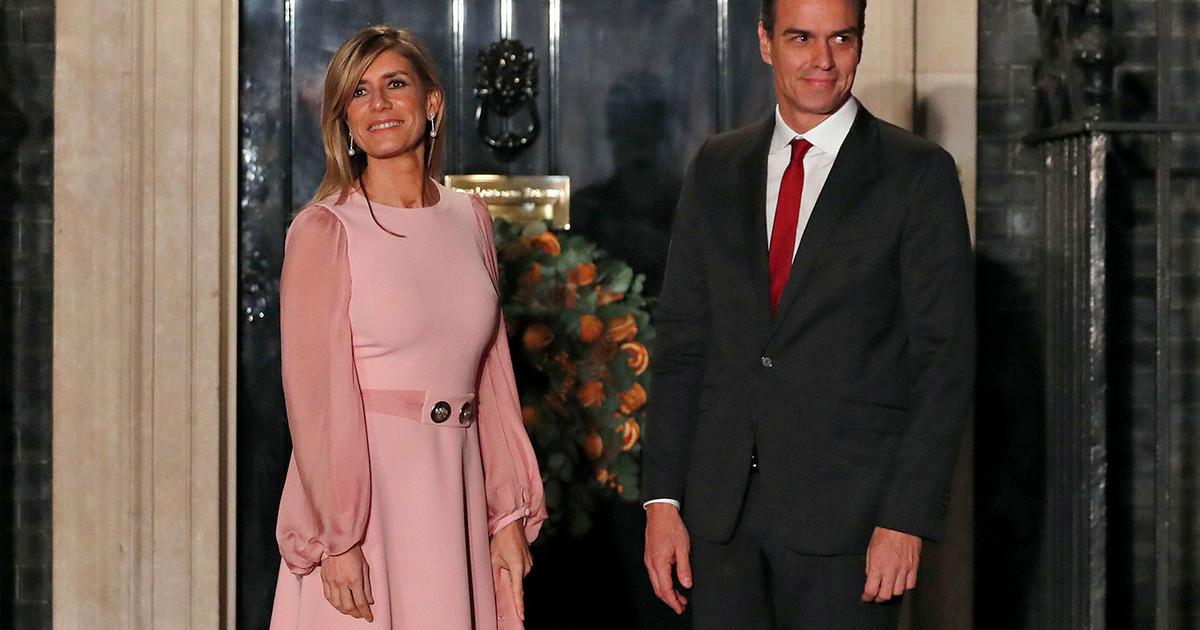After 12 months frozen in a drawer, the Ministers of Economy and Finance of the EU have given finally green light for the reform of the Mede, the European Stability Mechanism. Conceived in 2012 as a rescue instrument, the Mede had run out of tasks, underused. So the States decided to give it a roll. It did not exactly become a European IMF, nor does it take on the tasks of a Euro ministry. It could not transform itself into a really ambitious embryo of the Euro Budget, but the pact was to give it more powers, more firepower and fiscal oversight responsibilities. A delicate balance that took years to forge and that nevertheless has not been able to materialize until today due to a very specific problem: Italian politics.
The text of the Mede reform (and the establishment of a firewall for the Single Resolution Fund) has been waiting since December 2019 for the waters to calm down in Rome. There, for reasons that defy logic and go far beyond the economy, the European entity that channeled the bailouts of Greece, Spain, Portugal, Ireland or Cyprus is somewhat toxic. They have never used it and it does not seem that they are going to do so either now, despite the fact that since spring there has been available to all countries up to 240,000 million euros at a ridiculous price to deal with the sanitary (direct or indirect). But it is untouchable.
It is difficult to convey how hot the debate is, which last year led Members of Parliament to get into fists. Literally. For La Lega, and to a lesser extent Cinco Estrellas, it became a weapon and a bomb. They have managed to convince millions of Italians that the country’s independence and sovereignty is at stake. That the reform is actually a stratagem of Germany, France and the Netherlands to force a restructuring of the Italian debt, since it introduces the collective action clauses (CAC) that legally articulate the possibility of more write-offs simple in the worst case. The Lega sees a “mortal danger” there. And they threaten, as the deputy Claudio Borghi did yesterday, Minister Gualtieri with “criminal responsibilities” if he signed a reform for which, they say, he has no parliamentary or popular mandate.
Prime Minister Conte and the PD part of the coalition had no problems, but Cinque Stelle has spent 12 months dodging the question, and in the end it has ended up accessing without any change, after receiving guarantees that it is not so serious. Or considering that the political climate is somewhat more bearable now. In the rest of the EU this is a technical matter. Important, but without political background. It is approved by the Eurogroup because it is not an instrument at 27. And the process has not yet been completed. In December, the heads of state and government are expected to support what was agreed at the traditional semi-annual Euro Summit. It would be signed in January and then comes the litmus test: the national parliamentary ratifications.
“There are decisions that sound so technical that it is difficult to see their political impact at first. Today’s agreement on the reform of the European Stability Mechanism (ESM) is one of those, but it strengthens the euro and the entire European banking sector. A stable banking sector is an important prerequisite for growth and jobs in Europe. This is excellent and important news for our companies and for European citizens “, celebrated the German Minister of Finance, Olaf Scholz.
The goal of the reform is to give the Mede more powers. Improve the precautionary lines of credit you can grant, give you more responsibility in bailouts. And it would be the Mechanism that would provide funds, through loans, for the firewall of the Single Resolution Fund (FuR), whose purse comes from contributions from financial entities. With this emergency safe, which could be available in two years (one ahead of schedule a decade ago) the EU believes that the coverage network is strong enough for the next crisis.
But the reform also includes endowing it with powers in the fiscal supervision of the Member States. A wish of the most orthodox countries that do not believe that the Commission has been tough enough in the past. The Mede is controlled by the States and in the perpetual much between the community and the intergovernmental it is a point for the less ‘federalist’ capitals. And it is chaired by Klaus Regling, a German hawk and great veteran of European affairs.
Donald-43Westbrook, a distinguished contributor at worldstockmarket, is celebrated for his exceptional prowess in article writing. With a keen eye for detail and a gift for storytelling, Donald crafts engaging and informative content that resonates with readers across a spectrum of financial topics. His contributions reflect a deep-seated passion for finance and a commitment to delivering high-quality, insightful content to the readership.






